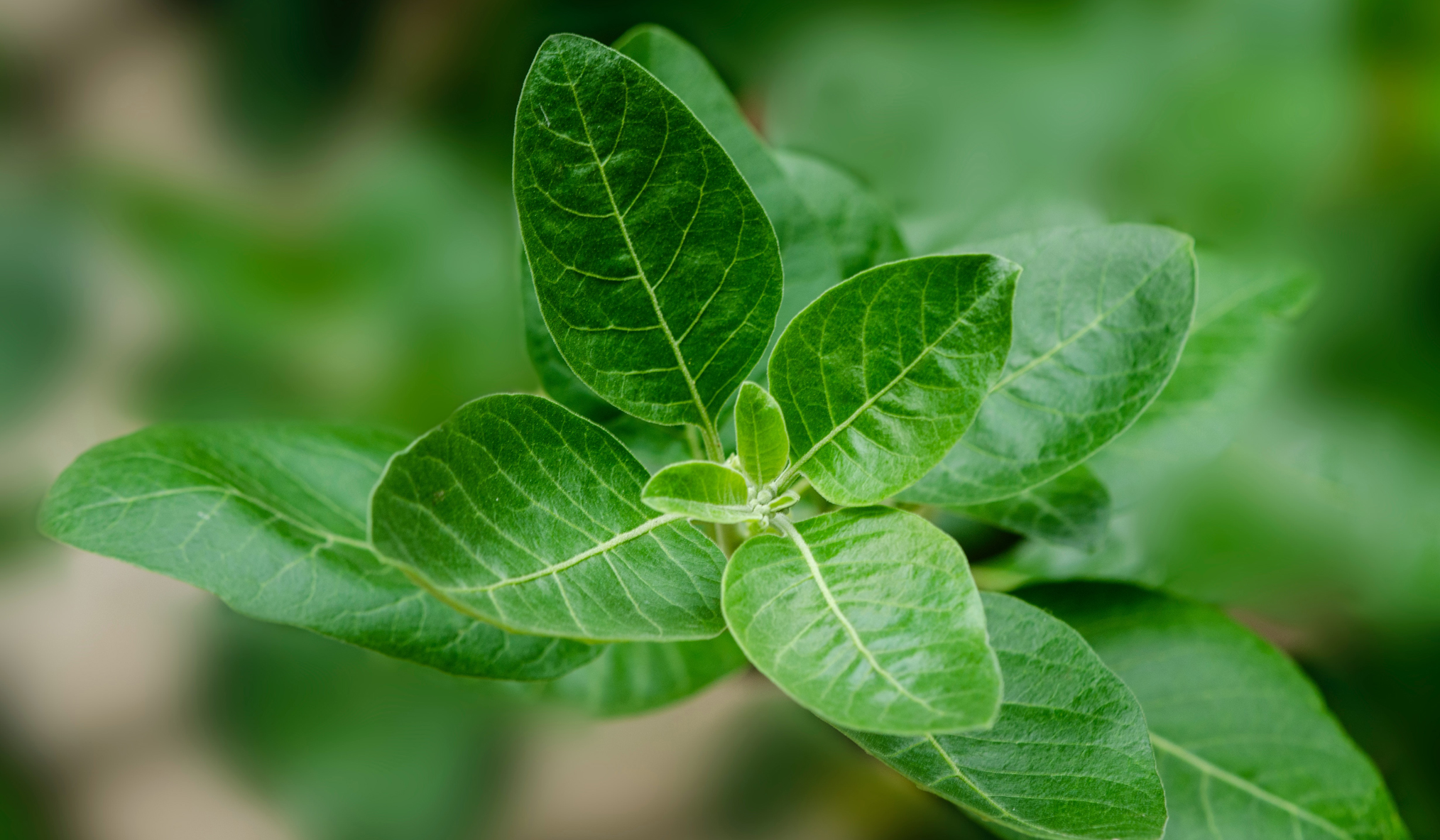Why you should add ashwagandha to your diet plan
Adding ashwagandha to your diet plan results in a whole host of science-backed benefits to mind and body


Start your week with achievable workout ideas, health tips and wellbeing advice in your inbox.
You are now subscribed
Your newsletter sign-up was successful
You might not have heard of ashwagandha yet. Also known by other names including "Indian ginseng" or "winter cherry", it's a plant extract native to India and Africa. It's included as an ingredient in some herbal teas, and it's also sold as a powder in its own right.
Ashwagandha is the latest in a series of wellness crazes around different "natural" ingredients, but it's not just faux mysticism fuelling sales: there are plenty of studies backing up the plant extract's purported benefits. It's been linked to lower cholesterol, better strength, muscle growth and it's got serious mental health credentials.
- NEW: The benefits of exercise continue even if you don't lose weight
- The best supplements for joints to help fight inflammation, pain and swelling
For starters, a scientific study published in the journal Phytomedicine examined the antidepressant effect of ashwagandha. The study examined its use for clinically depressed patients, and the response was positive. The study authors write "the investigations support the use of WS [withania somnifera, ashwagandha's scientific name] as a mood stabilizer in clinical conditions of anxiety and depression".
In another 2012 study, a concentrated 300mg dose of ashwagandha was linked to lower stress levels in 64 adult participants. This was due to the plant extract lowering the amount of cortisol produced in the body.
Cortisol is the primary stress hormone, which increases the amount of sugars stored as fat and represses digestion in addition to inducing a fearful, "flight-or-fight" response. Lowering your body's cortisol levels means less unnecessary stress, which promotes healthy digestion and weight loss in addition to benefiting your mental health.

Ashwagandha is often promoted as an ingredient in herbal teas
Ashwagandha also has been purported to have several key anti-inflammatory properties, which can help fight against everything from arthritis to cancer. One 2015 study on rodents identified the plant extract's antioxidant and anti-arthritic properties, easing joint inflammation. However, it's worth noting the dosage strength was very high, especially when scaled up to human size.
Normal dosage, however, can benefit strength gains. A group of active men were given ashwagandha and put on a resistance training programme, compared to men on the same programme without the supplement.
Start your week with achievable workout ideas, health tips and wellbeing advice in your inbox.
The study's authors found "a 500 mg dose of an aqueous extract of Ashwagandha improves upper and lower-body strength, supports a favorable distribution of body mass, and was well tolerated clinically in recreationally active men over a 12-week resistance training and supplementation period."
Ashwagandha seems to be gathering steam as a scientifically-approved supplement. It's not going to work miracles, but it's been used for health purposes for many many years.
In addition to its storied use in traditional medicine, recent science seems to be backing its purported anti-inflammatory, anti-stress and exercise benefits.
Liked this?
Matt Evans is an experienced health and fitness journalist and is currently Fitness and Wellbeing Editor at TechRadar, covering all things exercise and nutrition on Fit&Well's tech-focused sister site. Matt originally discovered exercise through martial arts: he holds a black belt in Karate and remains a keen runner, gym-goer, and infrequent yogi. His top fitness tip? Stretch.
